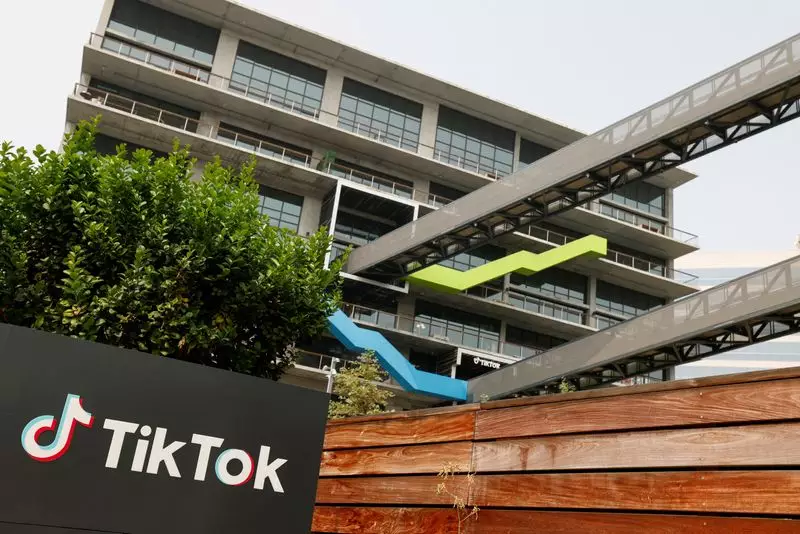In a surprising turn of events, President-elect Donald Trump expressed openness to allowing TikTok to continue its operations in the United States, highlighting the platform’s significant impact on his presidential campaign. During a rally in Phoenix, Arizona, Trump noted the billions of views garnered through TikTok, suggesting that the app holds considerable value, not only for its user base but also for political outreach. His remarks signal a possible reversal from earlier rhetoric that hinted at a stricter stance against the Chinese-owned platform, demonstrating the fluctuating landscape of social media regulation within American politics.
This statement comes against the backdrop of a legislative battle surrounding TikTok’s parent company, ByteDance. In April, the U.S. Senate passed a law mandating a divestiture from the Chinese firm due to ongoing concerns over national security. This action is rooted in fears that data privacy risks could arise from Chinese government access to user data. As the U.S. Supreme Court prepares to hear TikTok’s challenge against this law, uncertainty looms large over the future viability of the app in America, leading to questions about how Trump’s newfound support for TikTok might influence unfolding legal proceedings.
If the Supreme Court does not rule favorably for ByteDance, the implications could be monumental. A ban imposed just before Trump’s inauguration could affect millions of users, many of whom rely on the application for content creation and social interaction. The potential exit of TikTok from the U.S. could not only disrupt users’ daily lives but may also stifle a platform that has become integral for political discourse, especially among younger demographics. Trump’s previous warnings about the potential ban starkly contrast with his current supportive narrative, raising questions about political motivations and public sentiment.
Trump’s meetings with TikTok’s CEO mark a pivotal moment in this narrative. His acknowledgment of a “warm spot” for TikTok—based on its role in his campaign—symbolizes a unique intersection of politics and social media engagement. This evolving relationship could foster collaboration between Silicon Valley and Washington, a partnership that has been elusive in recent years. As Trump explores how to navigate the complexities of national security versus the benefits of a popular social media platform, TikTok’s future may hinge on this newly established rapport.
Ultimately, the future of TikTok in the U.S. presents a compelling case study in balancing national security concerns with the evolving dynamics of digital freedom. As Trump grapples with his administration’s policies and influences from his successful use of social media, the decisions made will be pivotal not just for TikTok but for the broader landscape of internet governance. Whatever the outcome of the Supreme Court hearings, one thing is clear: the debate surrounding TikTok encapsulates the challenges facing digital platforms today, encapsulating issues of ownership, security, and free expression in an increasingly interconnected world.

